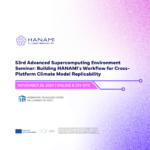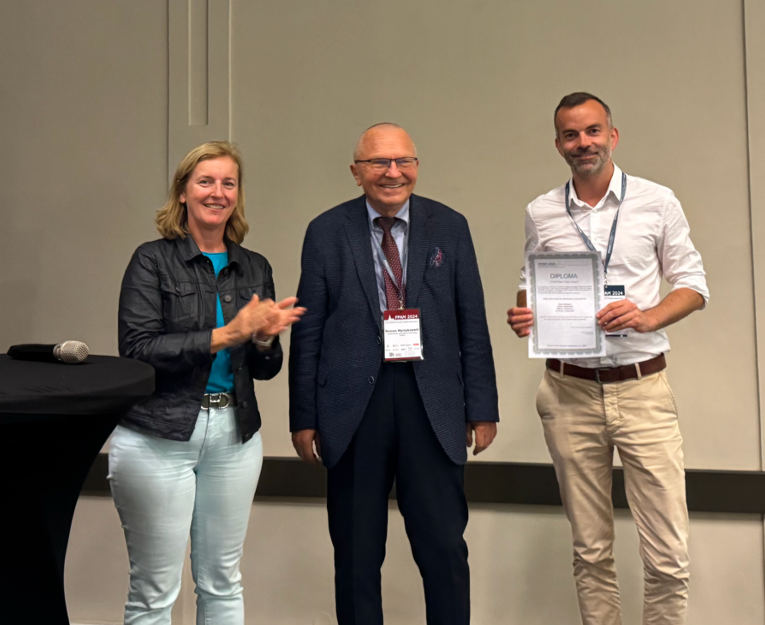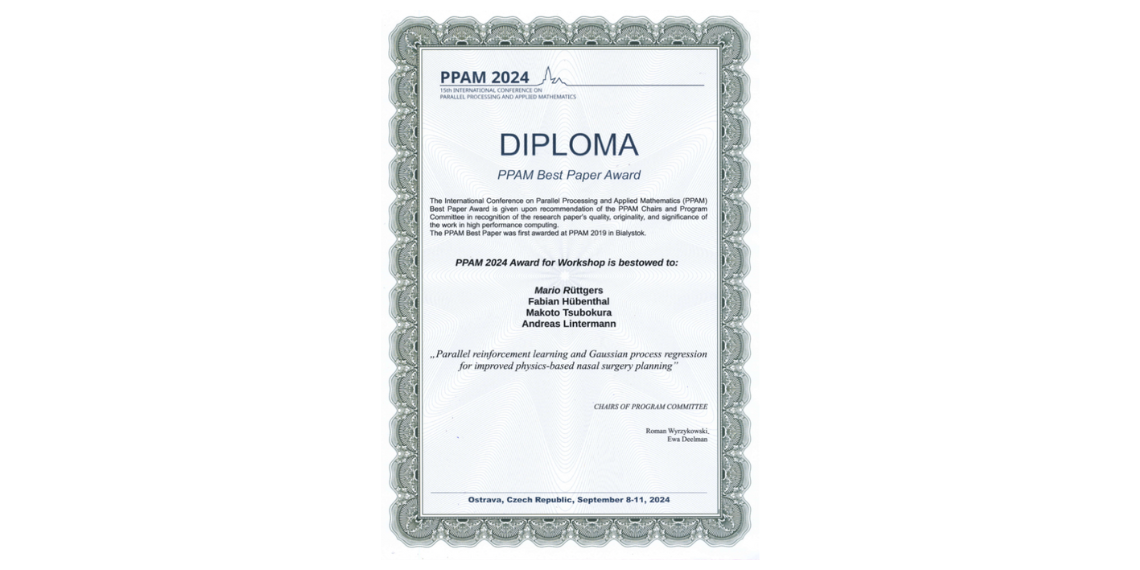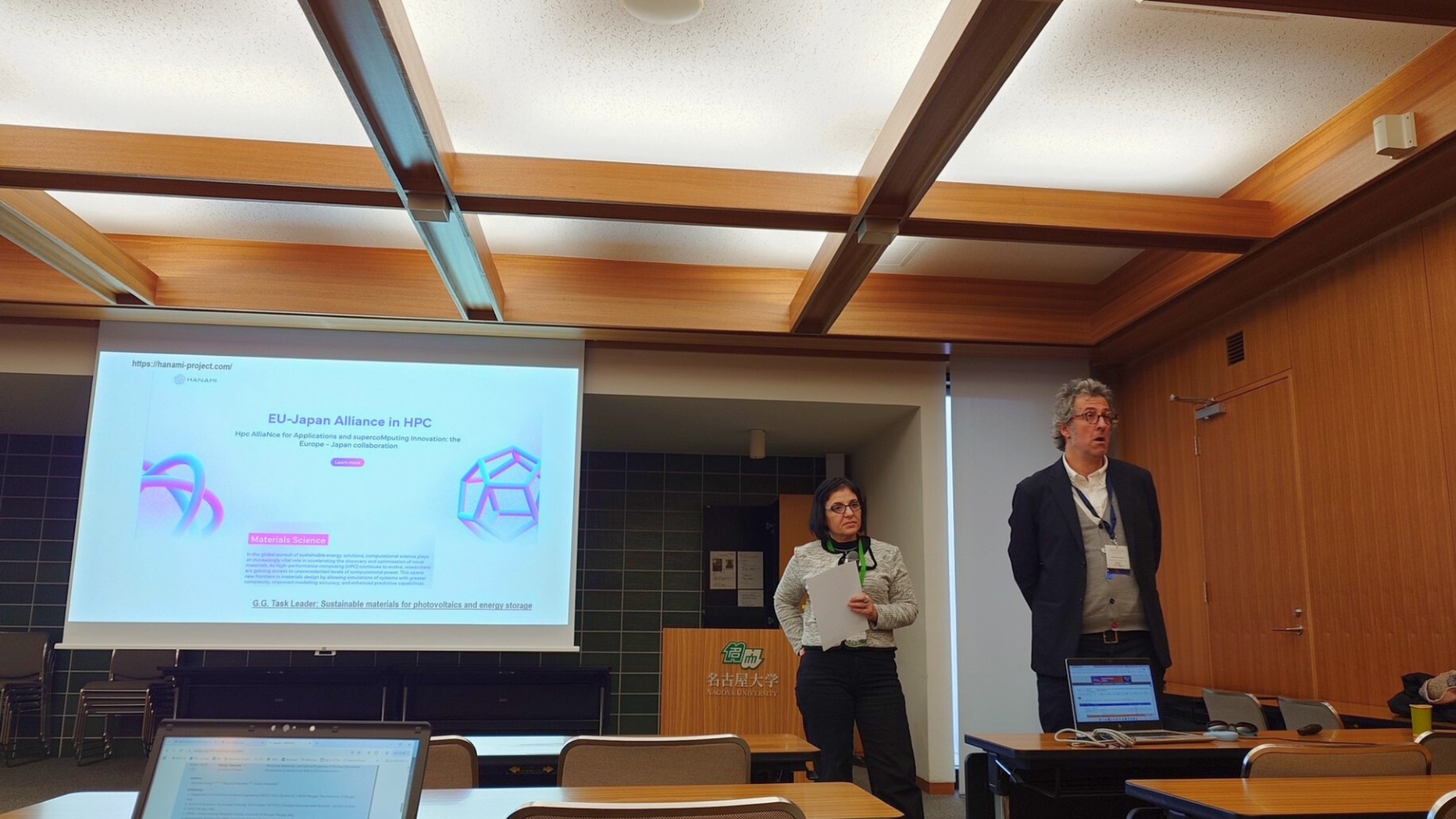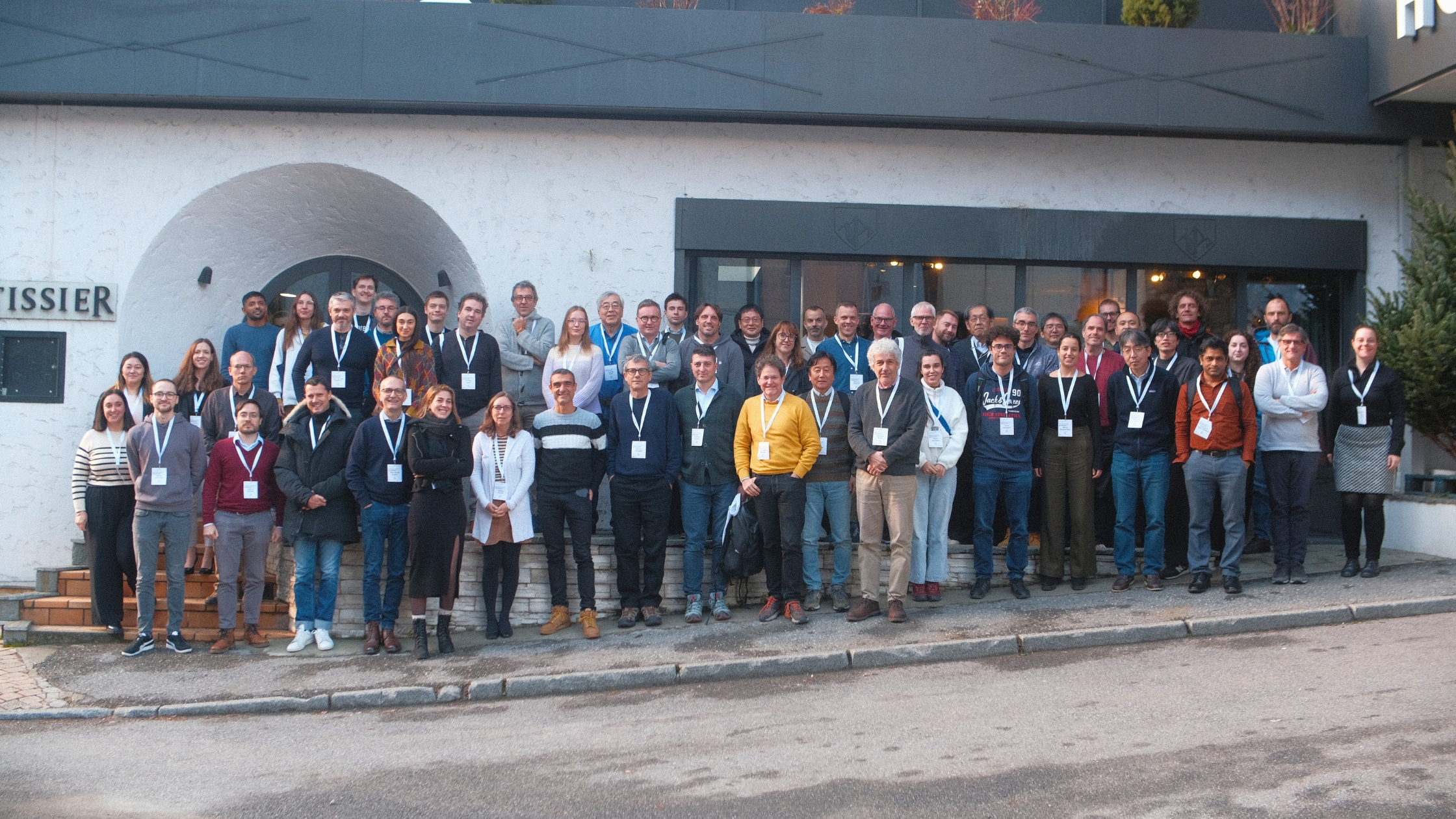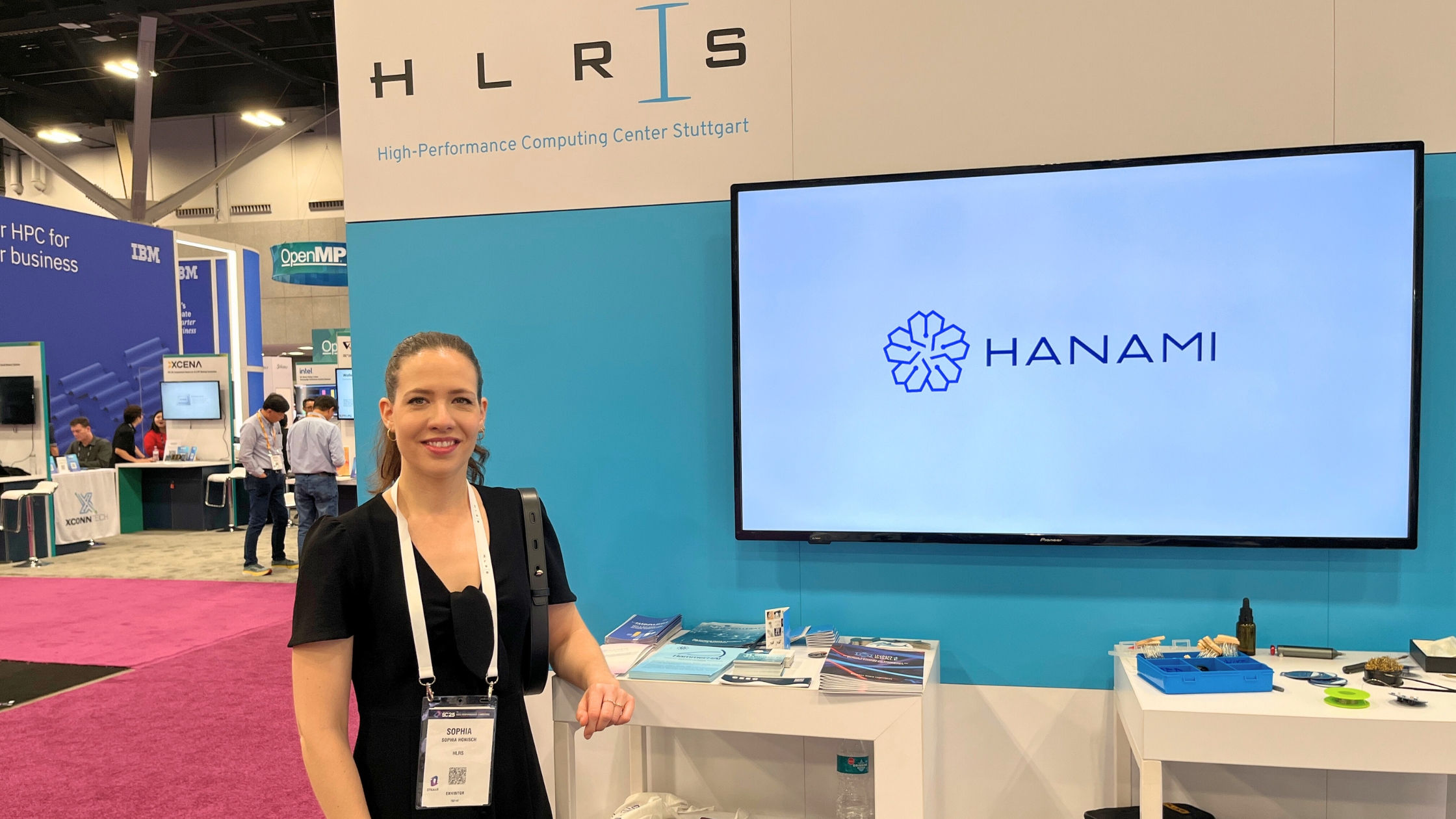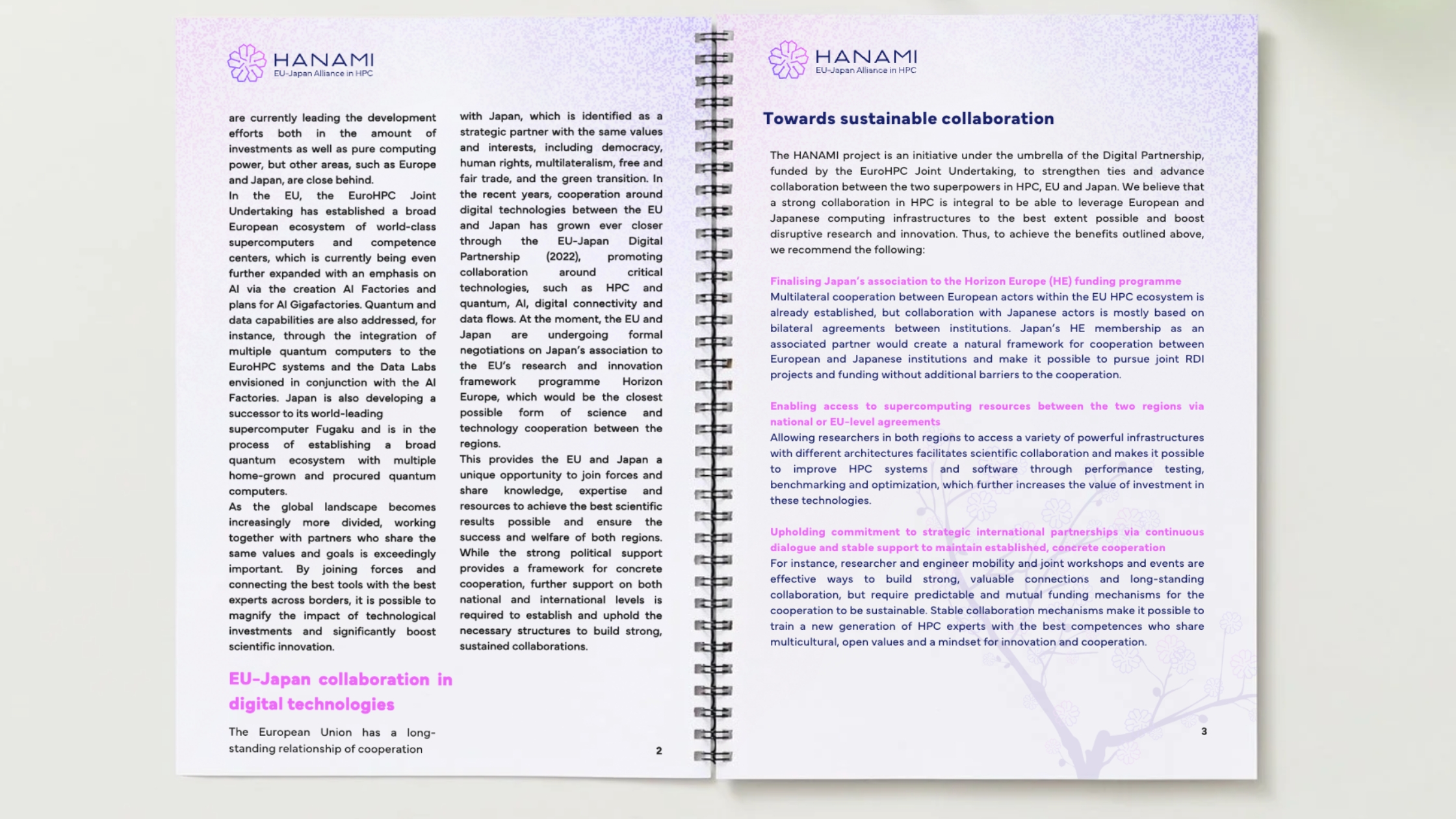News
HANAMI research into nasal surgery planning wins Best Paper Award at PPAM 2024
The use of significant volumes of data in clinical contexts is becoming increasingly common, particularly in simulations or surgery planning. In this context, pipelines – a method used in processors to execute multiple instructions simultaneously, i.e., with these being divided into smaller parts and processed together – also represent an opportunity to anticipate possible setbacks, like recreating the flows that exist in the human body, depending on multiple variables that can be inserted.
In the paper Parallel reinforcement learning and Gaussian process regression for improved physics-based nasal surgery planning, written by M. Rüttgers (FZ Jülich), F. Hübenthal, M. Tsubokura (RIKEN), and A. Lintermann (FZ Jülich), the HANAMI researchers present one of the first results of the project, stemming from the collaboration between European and Japanese research.
So far, reinforcement learning – a machine learning technique that involves training the software to make decisions to obtain the best results, in line with the human learning process and the trial-error method – has been used to modify the surface of the nasal cavity to achieve the best respiratory conditions.
During this process, the reinforcement learning agent receives feedback from the numerical simulations and information about the optimized surface, which is shared with the surgeon as a recommendation. However, there are issues in the pipeline that need to be fixed -, which have been addressed by HANAMI.
Firstly, the reinforcement learning agent can get stuck in a locally optimal location – a term used in applied mathematics to denote an optimal solution (maximum or minimum) in a set of neighboring solutions. Secondly, there is a significant cost associated with flow computations since there must be new simulations for each surface modification.
As such, one of the first objectives of this research, under Task 5.6 of the HANAMI project, was to improve optimization by training multiple reinforcement learning agents in parallel. Subsequently, a second objective was to reduce computational costs by replacing flow simulations with projections of the Gaussian process regression model. This model has already been successfully applied by Japanese collaborators in vehicle design optimization, who also helped implement the technique in the surgery planning pipeline.
According to the results achieved, the computational costs can be reduced by approximately 6% to 8% depending on the parameters chosen, without this representing a significant decrease in the accuracy of the predictions. So far, the method has been tested on two patients.
The work carried out-earned the researchers the Best Paper Award at the International Conference on Parallel Processing & Applied Mathematics (PPAM) 2024, where they could also gather feedback from the other participants for future improvements. This seems to be the way forward, as the results are part of the conference’s proceedings, but also in a journal article (Future Generation Computer Systems) which will include new context — and is expected to be published during mid-2026.

